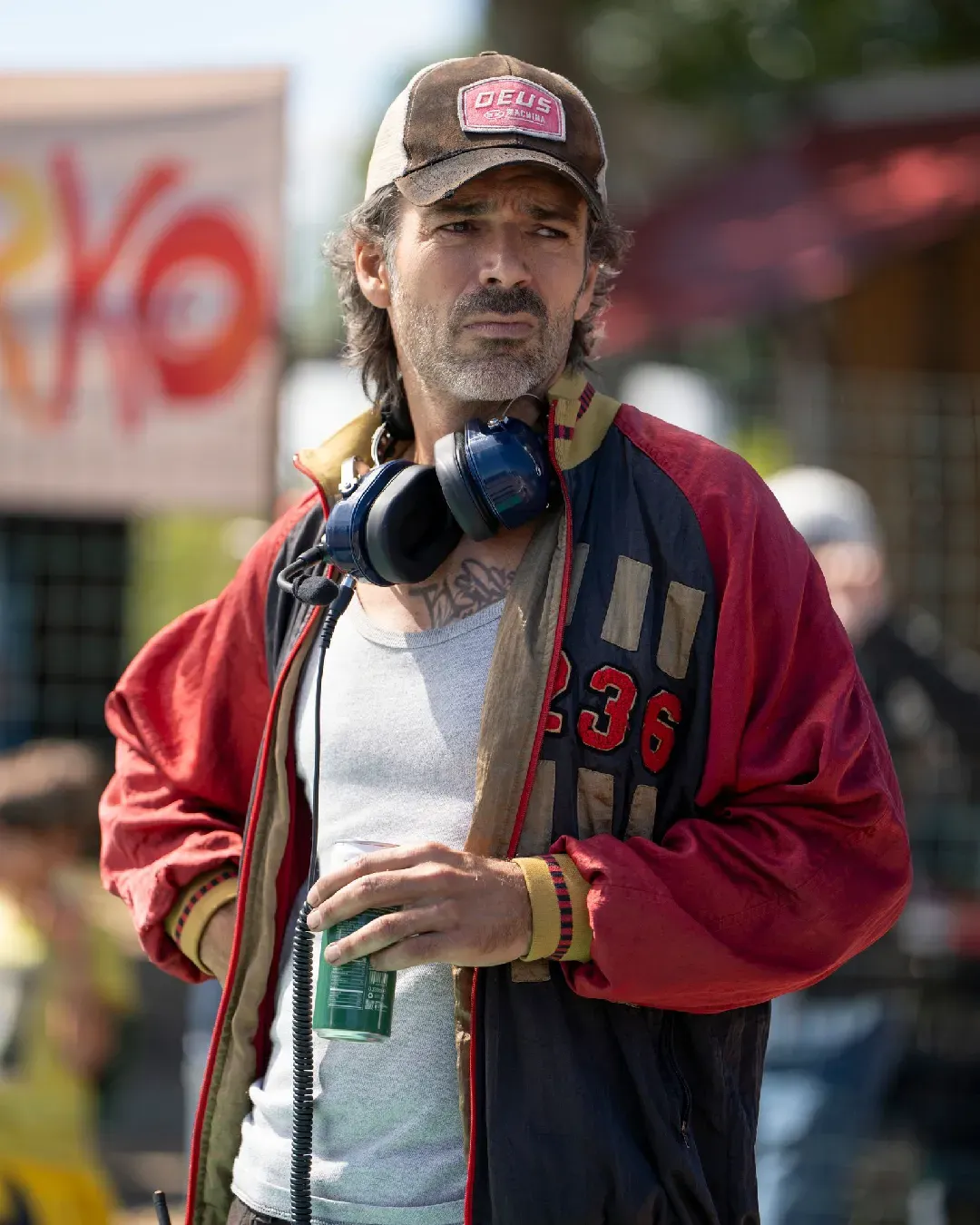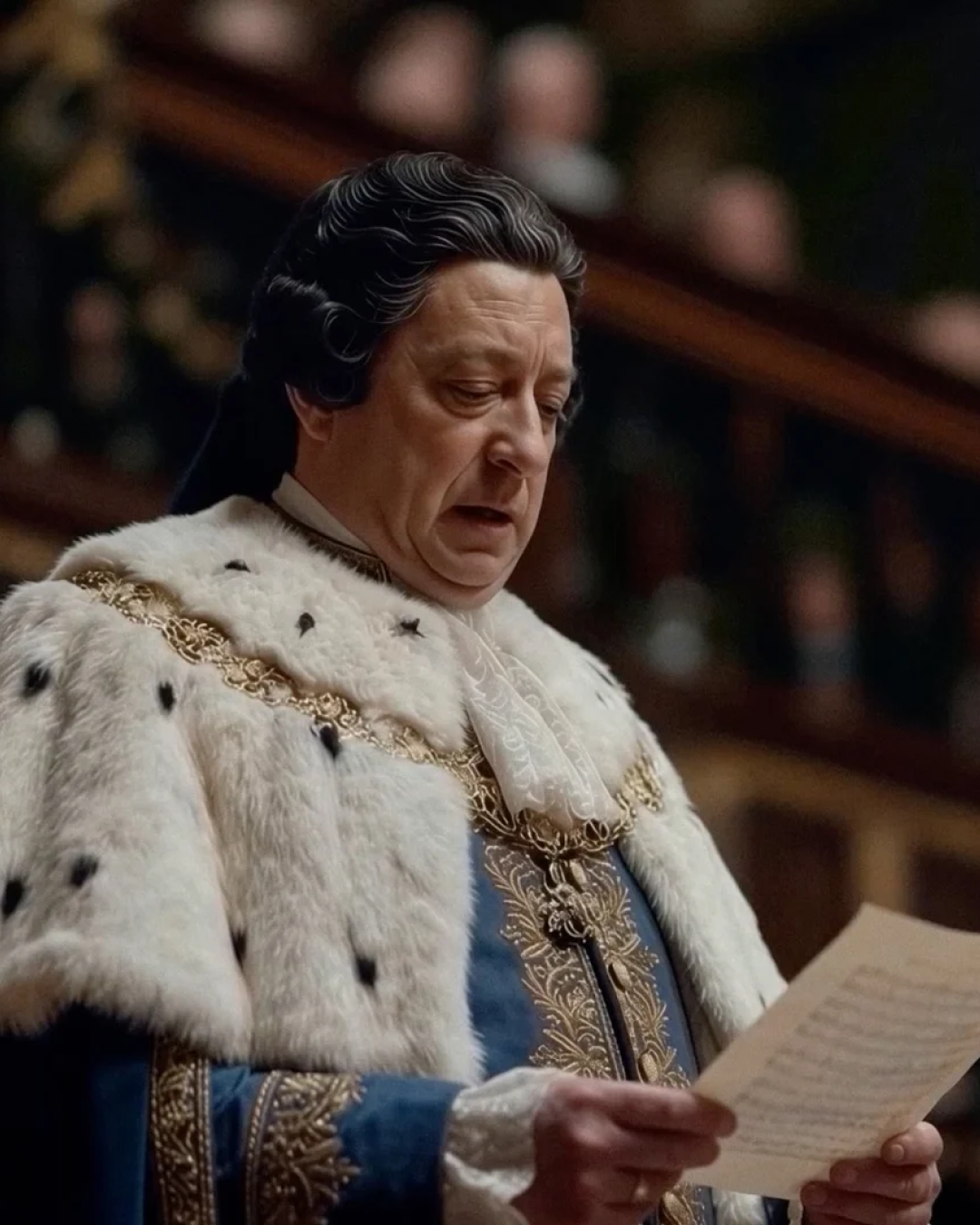
The Brutalist is not the only AI case at the Oscars Why Hollywood might be going down a slippery slope with new technologies
Let's start from the end. Brady Corbet has responded to the controversies surrounding The Brutalist and the use of artificial intelligence, which could jeopardize its chances of winning Best Picture at the Oscars. In the meantime, it has secured its nominations, with ten awards for which it has been nominated, including the performance of its lead actor, Oscar-winner Adrien Brody for Roman Polański's 2002 film The Pianist. «Adrien and Felicity’s performances are entirely their own», he emphasized, referring to the Hungarian accent used by the actor and his co-star Jones in the roles of László and Erzsébet Tóth, which was later slightly adjusted to make it cleaner within the film. «They worked for months with dialect coach Tanera Marshall. The innovative Respeecher technology (developed by a Ukrainian company and among the most cutting-edge generative audio programs, ed.) was used solely for editing the Hungarian-language dialogues. It was a manual process, carried out by our audio team and Respeecher in post-production. The goal was to preserve the authenticity of Adrien and Felicity’s performances in another language, not to replace or alter them, but to do so with the utmost respect for the craft». An explanation that was certainly necessary from the director and screenwriter, which might lead some who were already set on condemning the film to reconsider, but it also brings to light the use of tools that will increasingly influence cinema.
the brutalist used ai to fix actors accents and for the architecture design… when it’s a movie about an architect pic.twitter.com/pWfl4TzaSw
— kenny (@bvckystjames) January 19, 2025
If one believes that the case of The Brutalist was the only one during this award season, they are mistaken, as Respeecher was reportedly also used to enhance the vocal quality of lead actress Karla Sofía Gascón in Emilia Pérez, bringing it closer to that of singer Camille, who collaborated on the film’s songs and soundtrack – and no, not for Selena Gomez’s Spanish accent, as some might sarcastically wonder, given the criticism the actress has faced over her Spanish pronunciation. What Dávid Jancsó has uncovered is only a Pandora’s box that had already been opened before, and whose consequences we are only now beginning to notice, if we can call them that. He probably could not have imagined that after his statements to the digital and technology-focused portal RedShark, such reactions would be triggered. And to think that he had been incredibly careful and precise in explaining the process, aiming to engage the reader in the creation process rather than encouraging them to boycott the film. «It can be done manually in ProTools, but we had so many Hungarian dialogues that we needed to speed up the process, otherwise, we would still be in post-production», he said, referring to the voice-editing software, with Brody and Jones initially recording the Hungarian dialogues so that the AI could recognize them and then refine their pronunciation, making them as close as possible to native speakers.
«They did a fantastic job», Dávid Jancsó told RedShark, referring to the actors. The editor, who is Hungarian by birth, knows well how complex the language can be, and the only adjustment made by the AI was to ensure that native Hungarians would not notice any difference. «Most of their Hungarian dialogues contain a part of me. We were very careful to maintain their performances; all we did was shift a few letters here and there». The pursuit of perfection that Jancsó aspired to is an elusive goal that everyone chases. It is not uncommon to refine or modify actors’ voices, as has happened on other occasions. In Pablo Larraín’s Maria, snubbed at the 2025 Oscars, the voice of the divine Callas and her actress Angelina Jolie were blended together. Similarly, in 2018, for Bohemian Rhapsody, lead actor Rami Malek did not sing all the songs himself; as reported by Rolling Stone, most of the vocal sources came from Queen’s master tapes or new recordings by Canadian rock singer Marc Martel, whose voice closely resembles that of frontman Freddie Mercury. Nor should we forget the advances that artificial intelligence has brought to visual effects: examples include The Curious Case of Benjamin Button, The Irishman, and Indiana Jones and the Dial of Destiny , where actors were digitally de-aged, and Rogue One, where deceased actors like Peter Cushing were "brought back to life".
@kyleelaruee AI & it’s Slippery Slope: The film The Brutalist has used AI in several ways, adding to an actors performance and to adding to Production design. The Academy has nominated the film several times and now opened the door for AI to become acceptable. Should the Academy stay away from AI or allow it fully? #oscars #thebrutalist #filmtok #greenscreen original sound - Kylee LaRue | Movie Reviews
The question that remains is whether these post-production adjustments are really so different from the AI modifications made in The Brutalist. «It is controversial to talk about AI in the industry, but it shouldn’t be», the editor stated. «We should have an open discussion about the tools it can provide us. There is nothing in the film that uses AI in a way that hasn’t been done before—it just makes the process much faster. We use AI to create these small details that we didn’t have the money or time to shoot». It was due to production budget constraints that generative AI was used to create some architectural designs and buildings that appear in the final scenes of The Brutalist, as explained by director Corbet: «All the images were hand-drawn by artists». While perhaps not entirely accepted, the use of artificial intelligence in The Brutalist serves the purpose of enhancing an already existing work rather than creating something from scratch. An aspect not to be underestimated, which may or may not influence Oscar voting and, in the future, Academy nominations.


















































